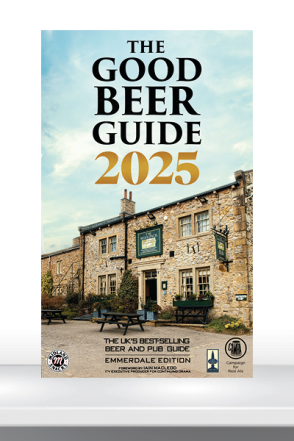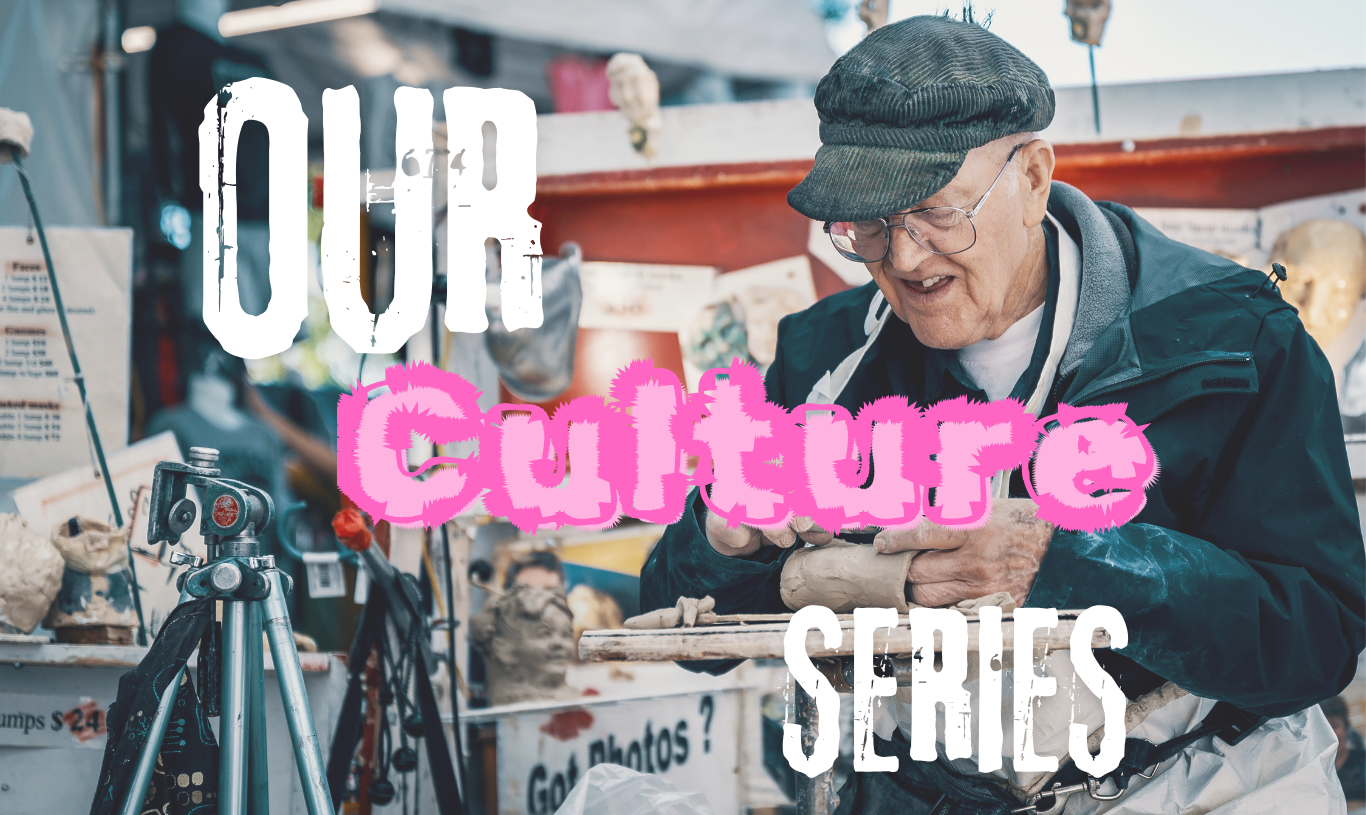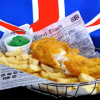
by Keith Flett
CAMRA, the Campaign for Real Ale, was formed in the 1970s around a fight against an earlier generation of Big Beer. Giant beer companies like Watneys (Grotnys) and Whitbread (Twitbread) faced campaigning pressure.
The aim was not in the main to promote independent beer (although this was done in respect of the UK’s regional brewers) but to get the Big Beer companies to reinstate real ale, cask beer, into their pubs. Handpumps had been swept aside in favour of old style keg taps serving beers like Watneys Red and Whitbread Tankard. Served under pressure and kept chilled the result was a gassy pint that tasted of very little.
CAMRA was successful. The Big Six beer companies did, in the main, reinstate cask ale into their pubs – and between them they owned the majority of pubs.
Matters changed with the 1989 Beer Orders which capped the number of pubs any brewery could own. The resulting sell-off led to the development of giant pub companies, that saw pubs as real estate.
CAMRA’s focus was and has remained on good beer (and cider and perry). The Good Beer Guide recommends the pubs selling the best quality beer, based on pub visits by local CAMRA activists, trained to spot where beer is served in good condition and where it’s not.
No distinction is made between beer and the pubs selling it, from large brewers or small independents. The criteria have always been based on the quality of the beer.
At CAMRA’s annual membership conference held before Easter 2025 in Torquay this long held emphasis changed. The specific motion passed at the event is below:
This Conference agrees that UK beer lovers have been badly let down by the lack of leadership and imagination shown by the multinational brewers and large property firms that, between them, control the UK beer trade. Conference therefore instructs the National Executive to ensure that all relevant CAMRA publications and communications pledge preferential support to beer producers and suppliers that are independent of the influence of the multinational brewers, and to make the case persistently for this stance.
It marked a significant change in CAMRA policy and the debate did highlight some initial concerns. Some iconic cask beers are brewed by companies that are now owned by global big beer. ABInBev has the ultimate point of sale rights to Bass, while Fullers are owned by Asahi. Greene King, whose 5% beer Abbot is a recent Champion Beer of Britain is owned by a Hong Kong property company.
This perhaps suggests a wider question. Are Big Beer companies and the beer they brew automatically bad? Are independent breweries and the beer they produce automatically good?
Social media discussion suggested, as might be expected, that there is a degree of complexity and disagreement.
A totemic bottom line is often trade union recognition. The UK arms of global Big Beer, Molson Coors, ABInBev etc., do recognise Unite the Union. Of course this does not guarantee good working relations or conditions, but it gives workers the collective possibility of addressing matters.
The reason why Big Beer recognises unions will be similar to why other large employers do, even though in 2025 it is apparently a mystery to right-wing media and the Tory Party. Namely that negotiating terms and conditions with a union and having an industrial relations framework works better than having to deal with myriad individual complaints. It also makes complying with employment law, such as it is, easier.
This can extend in interesting ways.
Camden Town Brewery was one of the early names in the craft beer scene in the UK from around 2010. It was eventually swallowed up by ABInBev and a large new brewery was opened in Ponders End, North London. In the autumn of 2024, a case came before the Central Arbitration Committee (the official body on which employers and union representatives sit to determine recognition issues) from Unite the Union for automatic recognition.
This was granted with Unite having 60% of the 40 workers at the site in membership. It might be wondered why ABInBev would agree the claim (as it did) with only a small workforce involved. The answer is that it already works with Unite at other brewing sites and the arrangement just makes things easier all around. As often in such case union members would need to assert themselves to make sure their shop floor issues are effectively dealt with, but recognition gives them a path to do it.
If we are looking for ethical box ticking and, where unionised, likely more than that in terms of workplace realities, Big Beer is well placed. Details of green and equality policies can be found in their annual reports. The point being that while this is often window-dressing, with minimal resourcing, where targets are in place eg for more equal employment on gender, ethnicity and disability, then an actual difference can be made.
None of this unfortunately makes the beer any better (or worse).
Some Indy brewers may have some of this in place, but few have the kind of infrastructure that allows for meaningful practice. It’s a matter more of good intentions rather than the equality, employment and environmental laws that have limited purchase on small employers.
Hence after the CAMRA motion social media commentary suggested that some of the worst employers in beer were independent, while some of the best beer could be found being brewed by global brewers.
Market control
There is a wider point and one that was underlined in the debate at the 2025 CAMRA Conference. No matter how decent the employment practices of Big Beer are, or how drinkable some of the beer is, the bigger question is how the likes of ABInBev and Heineken attempt to control the market.
There are a range of strategies. Firstly, economies of scale means that Big Beer can undercut on price compared to Independents. This is particularly obvious in the off-licence trade eg supermarkets.
Secondly, often due to financial inducements it can make sure that its products appear on bar tops and not those of Indy brewers. The tendency of capital to monopoly is here writ large. The strategy of taking over independent brewers has been pursued – Heineken own Beavertown, ABIBev own Camden – but currently it looks like the ability to control the market rather than own some of its constituent parts is being preferred.
The impact of Big Beer then is to reduce choice in beer at the pub and often to reduce the quality of the beer to control costs. Of course, some observe that the beer sold is usually of a reliable taste and body, whereas independent beer can be more variable. Big Brewers like Heineken invest in ‘quality control’ endeavouring to make sure that wherever their beer is tasted across the globe it tastes recognisably the same.
The decision of West Ham to give Brewdog the contract to supply the London Stadium for the 2025/26 season perhaps sums up some of the contradictions discussed above. Brewdog is an Independent brewer and replaced Heineken as one of the biggest of big beer companies. Yet Brewdog has a poor employee relations record, and many think the beer is far from the craft classics it produced 15 years ago.
Perhaps after the CAMRA conference decision, an Ethical Good Beer Guide, with all the issues that would have, is a way forward?















